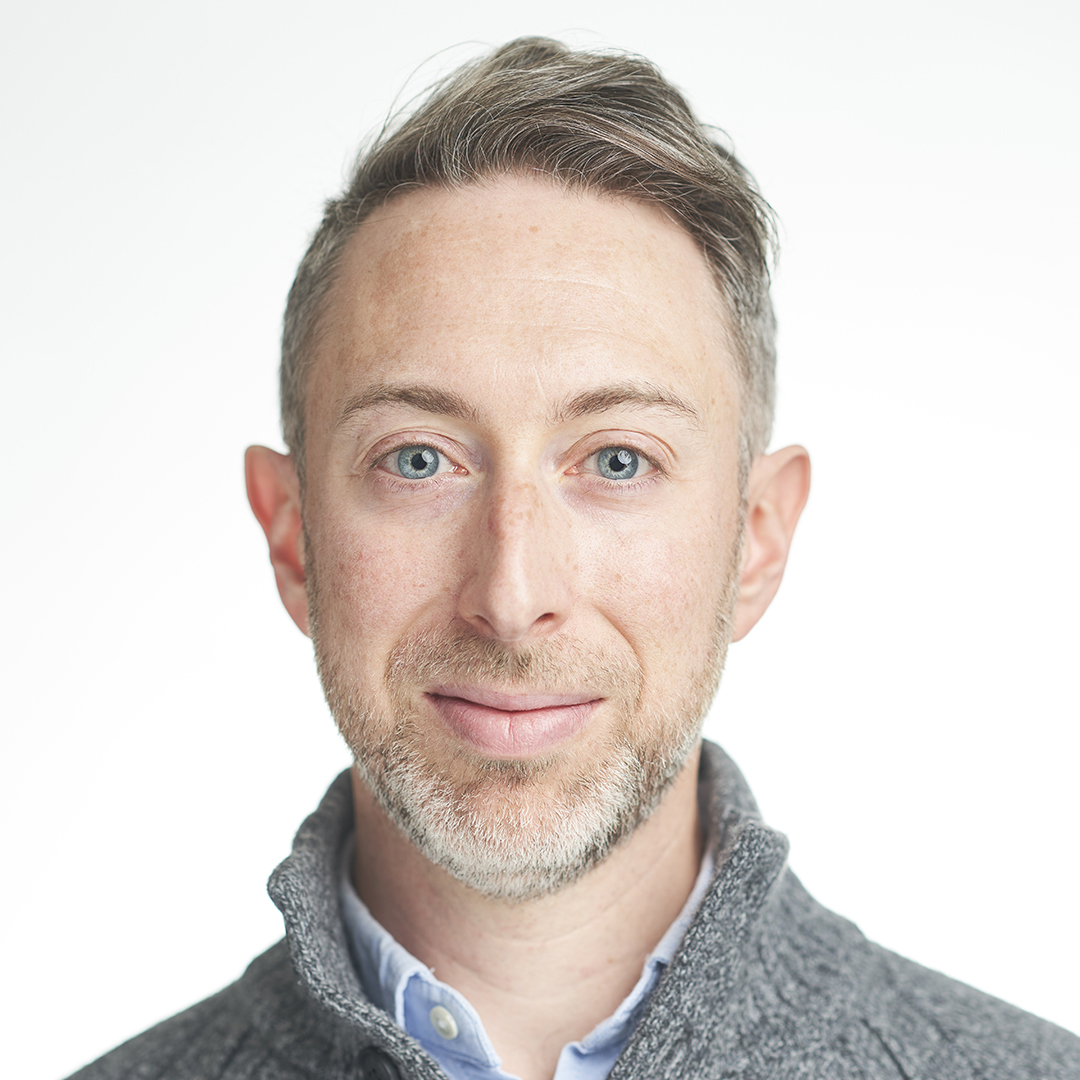Interview by Elaine Smith
Awards: Macdonald Prize in International Law (2010); Fasken Martineau Award for Academic Excellence (2009); Gordon Cressy Student Leadership Award (2011)
LLM and JSD: Yale Law School
Postdoctoral fellowship: Columbia Law School

Ryan Liss’ choice to pursue an academic law career was strongly influenced by his JD studies at U of T's Faculty of Law.
“My JD experience was really formative in my decision to become a professor,” says Liss, an assistant professor of law at Western University and co-director of the Public and Private International Law Research Group there. After working in human rights advocacy, Liss entered U of T Law unsure about his path. He anticipated pursuing a career in international human rights law or criminal law, but found himself drawn to academia.
The inspiration came largely from professors at U of T. “I received incredible mentorship from my professors, especially [the late] Karen Knop and [Professor Emeritus] Patrick Macklem. They opened my eyes to the potential academia offers to explore difficult questions about the law in a nuanced and exciting way.”
Before pursuing graduate studies at Yale, however, he clerked for the Court of Appeal for Ontario and worked with the International Criminal Tribunal for Rwanda. During his graduated studies, he worked with the International Criminal Court.
One of Liss’ primary research projects draws on that experience in international criminal law. He is currently writing a book on the topic, slated for publication with Oxford University Press. “I want to understand the foundations of the field and examine what justifies treating international crimes in a fundamentally different way than domestic crimes, as we do,” he says. “It is intuitive to think the two are different, but we don’t really have a coherent answer as to why.”
“Ultimately, I am trying to figure out what it would look like to have an international criminal justice system that functioned in justifiable way. There are obvious shortcomings to field, including the selective application of the law and the limits of its reach. I am trying to understand why we ended up this way and how things should change going forward.”
When he looks back on his time at U of T, what stands out for Liss are the “many incredible communities: [mentors] Patrick and Karen who were so generous with their time and treated me as a peer, in a way that has informed how my approach as a professor. There was the International Human Rights Program with like-minded people working on cutting-edge issues. And there was an amazing group of friends, who remain important to me still.”
Supplied photo

